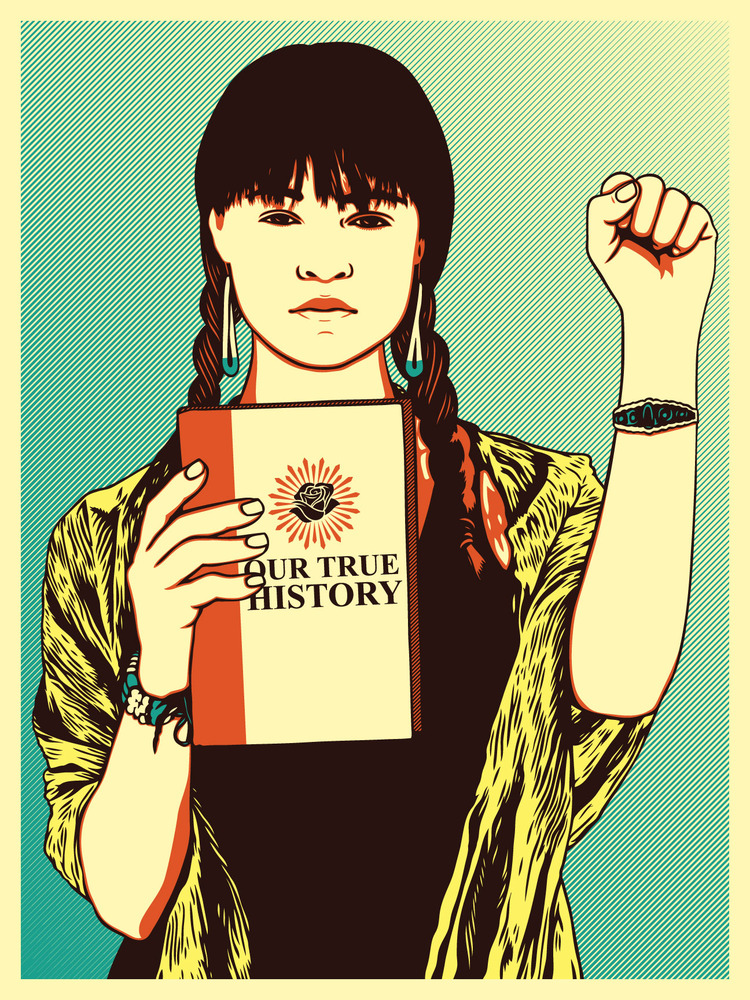A list of hundreds of books that Texas Republicans and Conservatives have indexed are being removed from school libraries and classrooms on the grounds that they are works potentially unsuitable for young minds. The list, which was compiled by a Texas Republican lawmaker, includes books on race, sexuality, abortion, and other topics.
The award-winning book by Paul Ortiz, professor of history at the University of Florida, “An African American and Latinx History of the United States” and other titles, became catalysts for the organization of a censorship protest march and caravan in Austin, Texas, according to
NBC News.
The movement organized by the group “Librotraficante” (book trafficker movement), was formed after Arizona banned the studies of Mexican Americans in 2010. “Writers, artists, and activists as well as supporters from the Texas League of United Latin American Citizens (LULAC), the nation’s oldest Latino civil rights organization, boarded buses from San Antonio and Houston to Austin, and staged a ‘March for Cultura’ […] and then rallied at the Capitol”, according to the publication.
It is worth remembering that in 2010 the Arizona government passed a law prohibiting “the overthrow of the United States government” and “resentment towards a race or class of people” or advocating “ethnic solidarity rather than the treatment of students as individuals”. Book titles banned at the time included “The House on Mango Street,” by Sandra Cisneros; “Drown” by Junot Díaz, and “Bless Me, Ultima” by Rudolfo Anaya, considered the godfather of Chicano literature.
Librotraficante founder Tony Diaz said the caravan and march are not just a response to the latest book ban: “We want these books in the classrooms, so people are uniting for that. This is not going to be one-shot deal”.
For Gabriel Rosales, a member of LULAC Texas, “Schools are in crisis [and] they don't have enough books. We don't have enough teachers and they are worried about these books”.
According to NBC News, “attempts to pull the books exacerbate the invisibility many Latino authors, scholars and activists say they struggle with within the country’s largely white-Black construct. This persists despite many Latinos’ deep roots and history — even before the establishment of what is now the United States”.
“It took us years, decades of struggle to even be able to get Chicano, Mexican, Puerto Rican, Cuban, any of those histories into our schools”, Ortiz said to NBC News.
“Arte Público Press, the nation's oldest Hispanic publishing house, has donated a box of books by Gloria Velásquez to the Librotraficante caravans, which will be donated to nonprofits, including one that operates a mobile library, helping Librotraficante build a string of ‘underground’ libraries where banned books can be found”.
It is noted that Republican book ban campaigns multiplied after the challenge and confrontation of racism, after the murder of George Floyd by a police officer, in addition to the disproportionate impact of Covid-19 on communities of black people and other ethnic minorities.
 Ernesto Yerena/insidetherockposterframe.blogspot.com
Ernesto Yerena/insidetherockposterframe.blogspot.com











